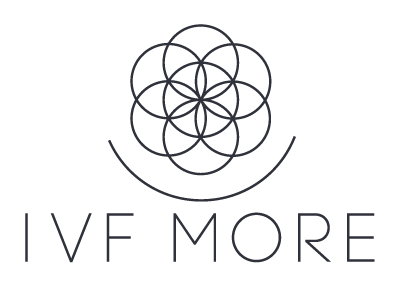Ovaries are stimulated to retrieve eggs, as in a traditional IVF.
IVF MORE®: Restore the Quality of Your Eggs
A pioneering approach in assisted reproduction, IVF MOREⓇ (Magnetic Ovulatory Restoration) is an exclusive technique that uses advanced ovarian restoration to improve egg quality. By creating a unique pathway to pregnancy without the need of an egg donation, IVF MOREⓇ offers new possibilities for individuals facing fertility challenges, especially women over 40 who wish to become mothers.
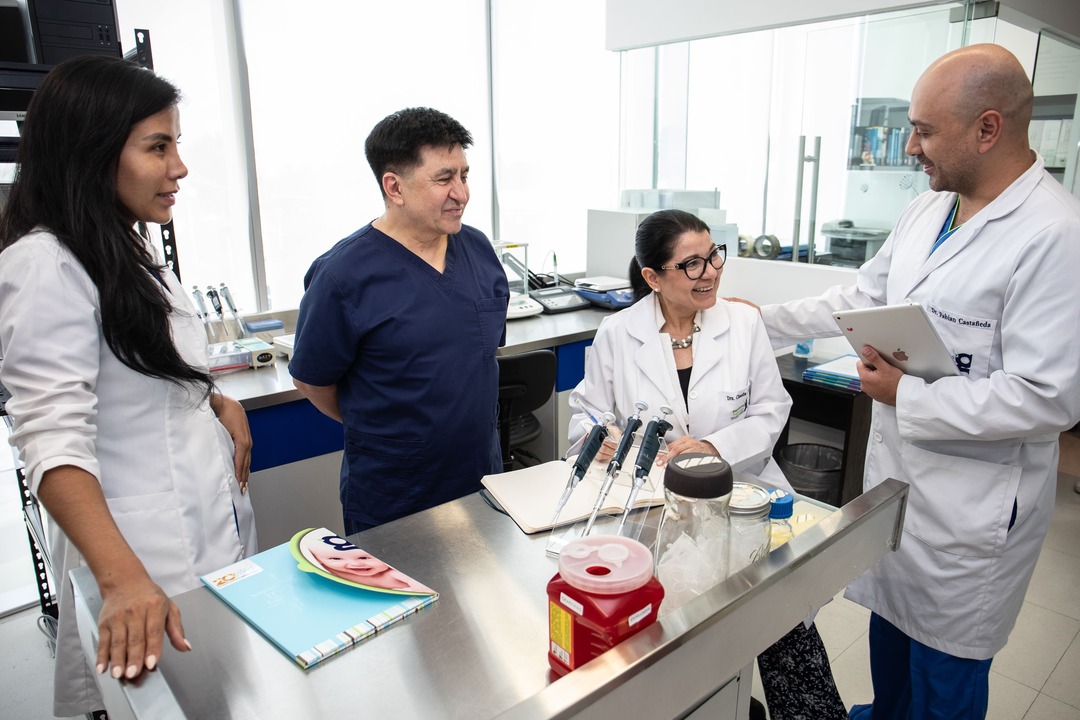
Understanding the Role of Age in Human Reproduction

Age is the main factor affecting fertility in women, as egg quality declines with aging, especially after 35 years, according to the World Health Organization. This fertility reduction is associated with a lower quantity and reduced quality of eggs. Additionally, the risk of miscarriage also increases with age, being more likely after 40.
Before IVF MORE®, options were limited for these patients, often resorting to egg donation. IVF MORE® offers an alternative through ovarian restoration, providing a better chance for eggs to divide correctly and result in a viable embryo with the patient’s own genetics.
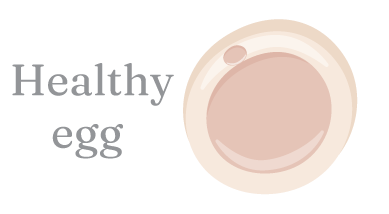
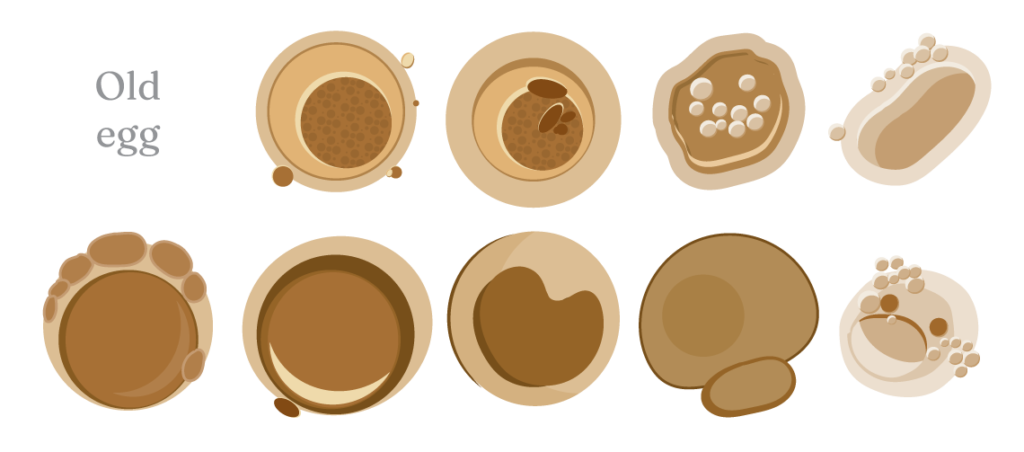

Egg quality typically deteriorates with age, making fertilization and early embryo development difficult due to the lack of necessary components and energy required for proper cell division and embryo formation in the cytoplasm.
This can cause genetic abnormalities that may be transmitted to the embryo, leading to developmental problems or implantation failures. While age is the most important factor, endometriosis and Polycystic Ovary Syndrome (PCOS) also negatively impact embryo viability.
One in six women may have endometriosis. This condition occurs when menstrual blood flows towards the ovaries, affecting egg production and quality. This can form cysts called endometriomas, making the eggs dark and granular, reducing their fertilization and development capacity. In PCOS, insulin resistance and excess androgens prevent eggs from maturing properly, increasing genetic abnormalities and miscarriage rates.
IVF MORE® offers new hope for these women, allowing the restoration of eggs even in women over 40, improving their chances of achieving a viable embryo.
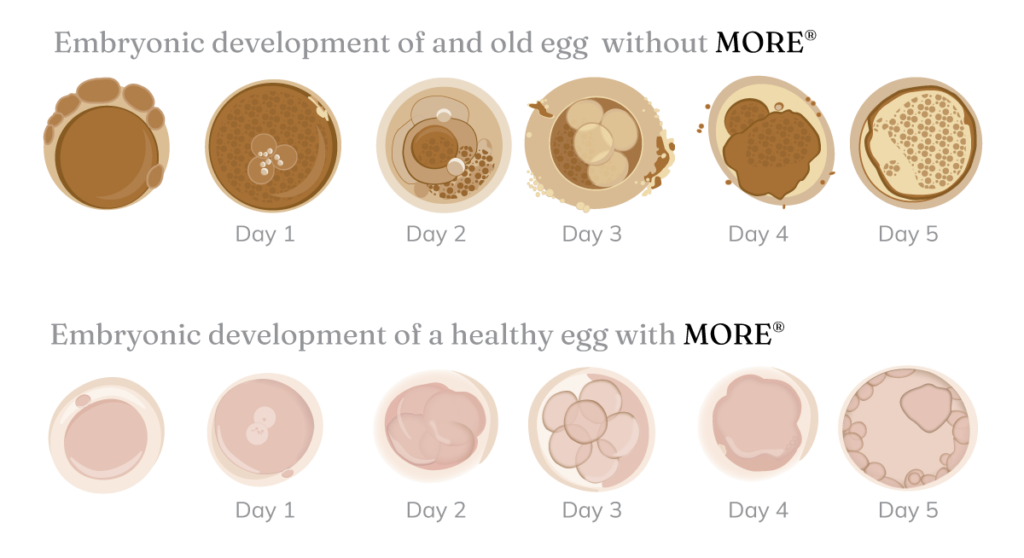
What is IVF MORE®?
IVF MORE® is our exclusive technique that improves egg quality by utilizing advanced technologies such as micromanipulation and magnetic fields. We use a patented and proprietary recipe that provides specific nutrients and conditions designed to revitalize and optimize the eggs, improving their ability to divide correctly and develop into viable embryos. By improving the fundamental aspects of egg health and development, IVF MORE® could potentially increase the chances of successful conception and healthy pregnancy.
Egg Banking
Our process starts with collecting the patient’s eggs. To increase the number of eggs collected, we use hormonal stimulation. If we obtain more than six eggs and they are of good quality, a single treatment session will suffice. However, if the eggs are few or have signs or low quality like dark color or granular aspect, we suggest a second stimulation session to ensure enough quality eggs before proceeding with our IVF MORE® technique. The goal is to freeze these eggs in less than six months. Even if a patient produces very few eggs, we can proceed with the IVF MORE® technique, as we only need at least one egg to attempt the treatment.
This approach maximizes the chances of successful outcomes by ensuring that eggs are collected and processed at their highest quality, while also adapting the approach if fewer eggs are available.
Metabolic Diagnosis
We have identified factors that allow us to detect the metabolic state of each egg and obtain a diagnosis. Some of these factors, such as Annexin V and other Krebs Cycle markers, determine the correct metabolic development of the eggs. We will obtain a metabolic profile that tells us if the egg has enough metabolites to divide correctly and if it has enough energy to divide correctly.
This metabolic diagnosis allows for a more precise approach to egg quality assessment, enhancing the chances of successful fertilization and embryo development by focusing on the eggs with the most favorable metabolic conditions.
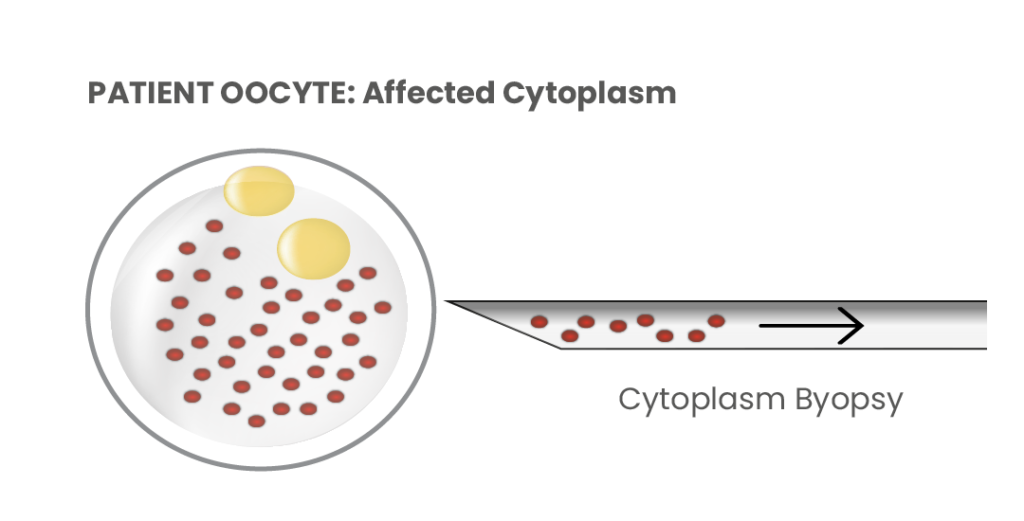
Oocyte Restoration:
We enhance the egg through the Regenera® method, a sophisticated approach to improving egg quality, which consists of an intracytoplasmic infusion to poor-quality oocytes with growth factors and essential energy components derived from the patient’s own cells to give the egg better chances of fertilizing and reducing the risk of producing an embryo with genetic abnormalities. This method uses advanced techniques such as biomolecular technology and digital PCR based on nanoplatelets to restore the eggs.
Overall, the Regenera® oocyte restoration method leverages cutting-edge technology and personalized components to significantly improve egg quality and increase the chances of successful embryo development.
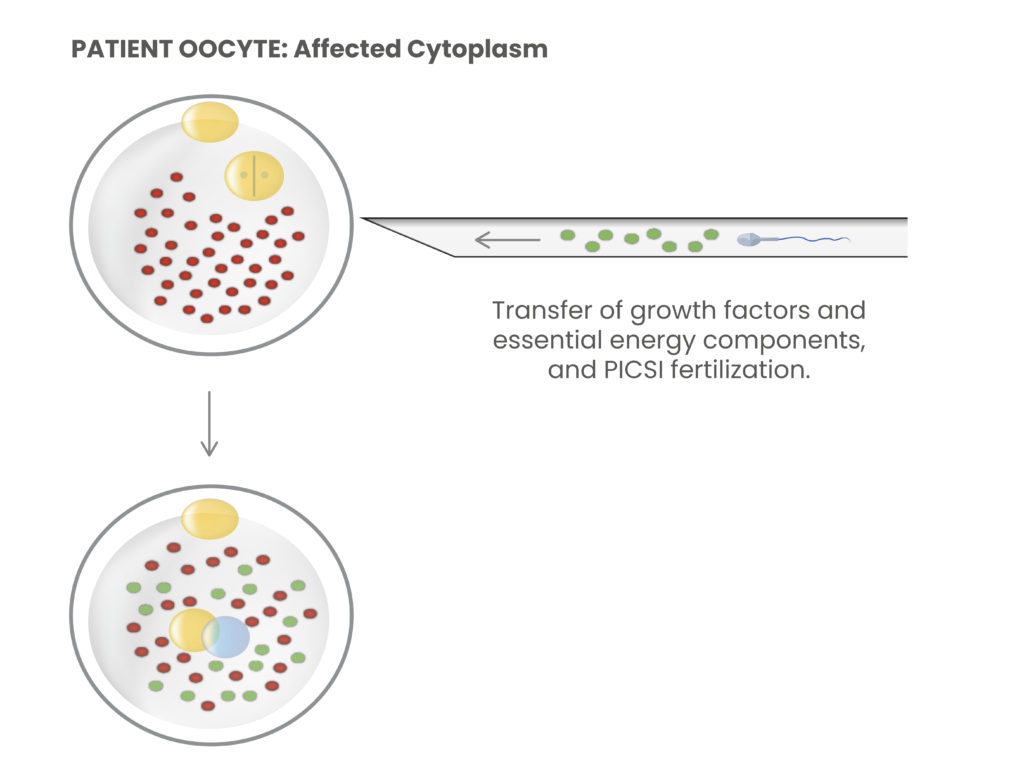
In Vitro Fertilization (IVF):
We use the PICSI (Physiological Intracytoplasmic Sperm Injection) PICSI technique to fertilize the eggs. For this, it is essential to select the most capable sperm. There is an alternative where sperm, through a microfluidics technique, travel through a channel. In this process, the best-quality sperm manage to exit from one end of the microfluidics to the other. The selected sperm bind to hyaluronan, an essential component of the zona pellucida (the egg’s outer layer) of each egg. Simulating the natural process, we can filter and select the sperm that have the greatest ability to compete and advance through the microfluidic channel. By selecting sperm that bind to hyaluronan, the method enhances the likelihood of choosing sperm with the greatest potential for successful fertilization.
By integrating the PICSI technique with microfluidics for sperm selection, you enhance the precision of sperm choice, potentially leading to higher fertilization rates and better embryo quality. This approach optimizes the conditions for creating viable embryos, improving overall success in fertility treatments.
Magnetic Field Culture:
We have found that by leaving the restored eggs in magnetic fields, there is an intracytoplasmic movement of solutes that allows better organization of the egg’s cytoskeleton. Once fertilized, we increase the potential of the magnetic fields to allow the egg to spend less energy and divide correctly. In other words, the magnetic fields have significantly increased the possibility of producing viable embryos.
Embryo Transfer to the Uterus:
Once we have viable embryos, The process of embryo transfer to the uterus is a critical step in assisted reproduction. We prepare the recipient woman’s endometrium using endometrial preparation techniques including hormonal treatments (e.g., estrogen and progesterone) to thicken and stabilize the uterine lining, making it more receptive to the embryo.
In some cases, we use regenerative medicine techniques to increase the embryo’s implantation potential.
By combining meticulous endometrial preparation with advanced regenerative medicine techniques, the goal is to create the most favorable conditions for embryo implantation and increase the likelihood of a successful pregnancy.
Who Can Benefit from IVF MORE®
IVF MORE® offers a valuable alternative for individuals facing significant fertility challenges.
- Women over 40 who have seen their egg quality naturally decrease with age.
- Patients with a history of Unsuccessful IVF cycles. Convinced that they have exhausted their possibilities of conceiving with their eggs.
- Advanced endometriosis or Polycystic Ovary Syndrome (PCOS).
- Face fertility challenges due to genetic problems affecting embryo development.
- Patients who have had total embryo blockage.
- Patients who have undergone genetic embryo analysis and only get aneuploid (having an abnormal number of chromosomes) embryos
Overcoming Fertility Barriers Beyond Age
Although IVF success rates decrease after 35 years of age, IVF MORE® offers an innovative technique that enhances the fertilization process. This technique improves the chances of conceiving your eggs without resorting to egg donation. Instead of relying on younger donor eggs, IVF MORE® helps overcome the challenges of age, endometriosis, and PCOS, providing new hope for achieving a successful pregnancy.
IVF MOREⓇ offers an alternative to egg donation, designed for women facing challenges related to egg quality due to:
- Advanced age
- Endometriosis
- Polycystic Ovary Syndrome (PCOS)
- Repeated failed IVF attempts
- Embryos with chromosomal abnormalities (detected with PGT-A)
How IVF MORE works
The goal of IVF MORE® is to restore poor-quality eggs and give them a new chance to become viable embryos.
Each egg is individually analyzed to detect potential energy deficiencies.
In this stage of the treatment, egg restoration takes place to improve its quality and functionality.
This is achieved by infusing energetic and mitochondrial factors into the egg, reinforcing cellular functions that may be weakened. In some cases, it may be necessary to use cytoplasm from donor eggs, but it does not alter the patient’s genetic material.
The genetic material remains 100% theirs. Egg restoration reduces genetic abnormalities associated with energy deficiencies for proper development.
The best sperm is selected using advanced techniques, and the restored eggs are fertilized through intracytoplasmic sperm injection (ICSI)
The embryos are cultured in a specialized environment that promotes optimal and healthy cell division.
Viable embryos are transferred to the uterus, maximizing the chances of pregnancy.
Live Births Per intended Egg Retrieval SART : https://sartcorsonline.com/CSR/PublicSnapshotReport?/ClinicPKID=0&reportingYear=2022
Magnetic Fields – Nature: https://www.nature.com/articles/srep37407
Envejecimiento y estrés oxidativo: https://pubmed.ncbi.nlm.nih.gov/34121193/ DOI: 10.1002/jcp.30468
Frequently Asked Questions
What is the total treatment time?
The total treatment time is approximately 3 months.
When is it recommended to accumulate more eggs?
Even with just one mature egg, IVF MORE® can be applied. If there are no viable eggs, a second stimulation can be considered. This can be considered an additional second stimulation.
What are the limitations of the technique?
IVF MORE® requires at least one mature egg. If none are produced (even with stimulation), the technique cannot be applied.
In some cases, even when eggs are available, they may not be viable or respond adequately to restoration. When this occurs, egg donation may be the most effective alternative to achieve pregnancy.
Are there complementary treatments?
Yes. In some cases, complementing IVF MORE® with regenerative treatments can improve results and increase the chances of success.
Ovagen – To improve ovarian response
Ovagen is a regenerative medicine treatment designed for women with low ovarian reserve or limited ovulatory response.
Its goal is to reactivate ovarian function, optimize response to stimulation, and obtain more viable eggs that can be restored with IVF MORE®.
Endogen – To improve endometrial receptivity
In women with endometrial issues or failed implantation, Endogen can be a helpful alternative. This regenerative treatment is aimed at improving endometrial function and receptivity, creating a more favorable uterine environment for embryo implantation and pregnancy.
If you have any doubts about whether IVF MORE® is right for you, our medical team can evaluate your case and help you find the best option to meet your needs.

Take the First Step Toward Your Baby with IVF MORE
Our team is ready to support you every step of the way.
